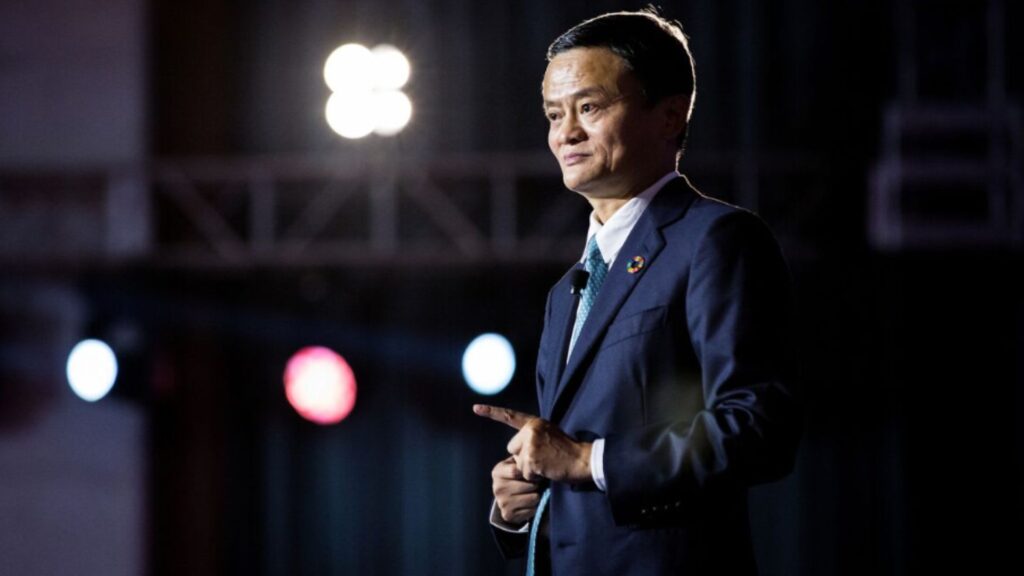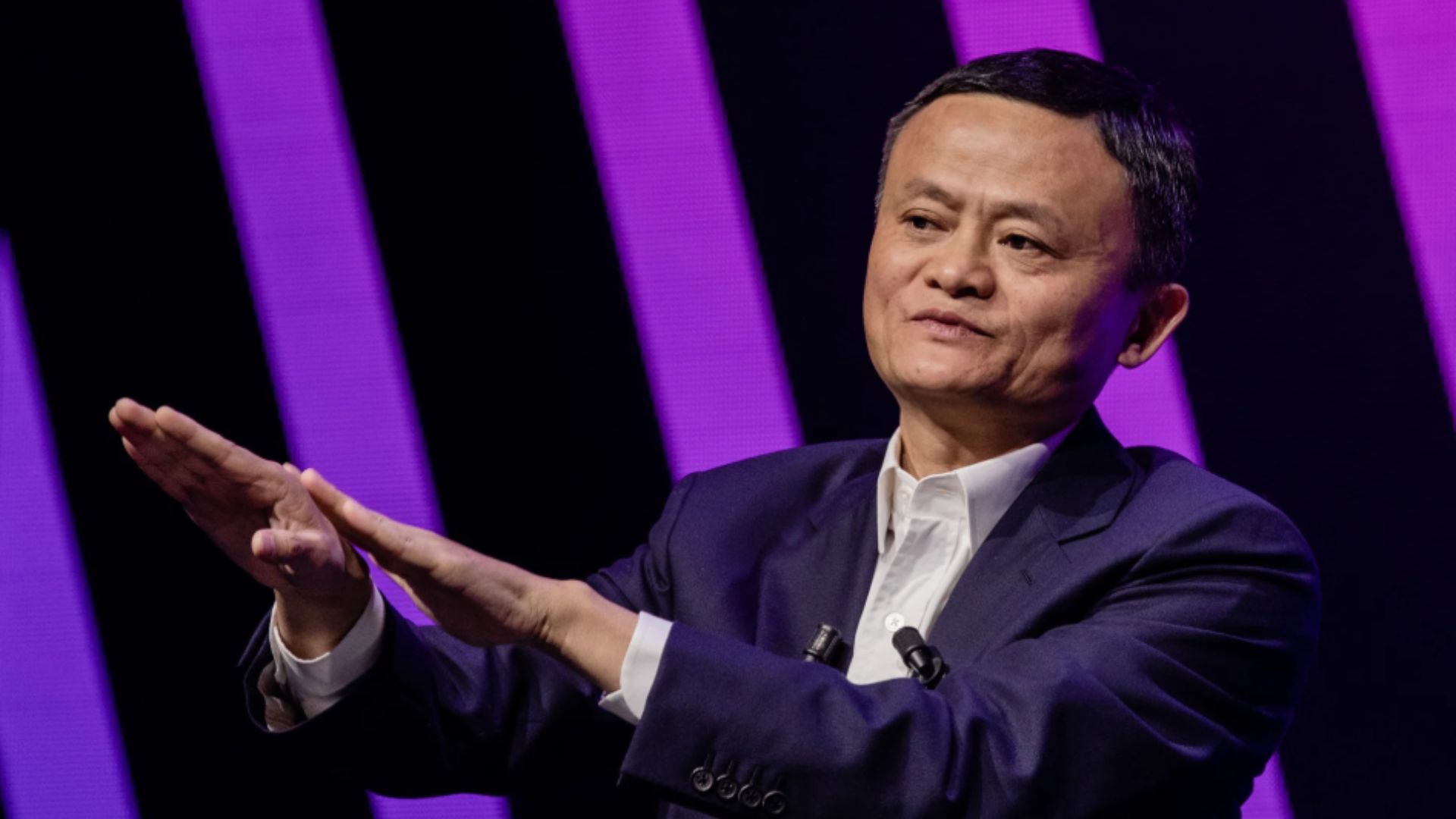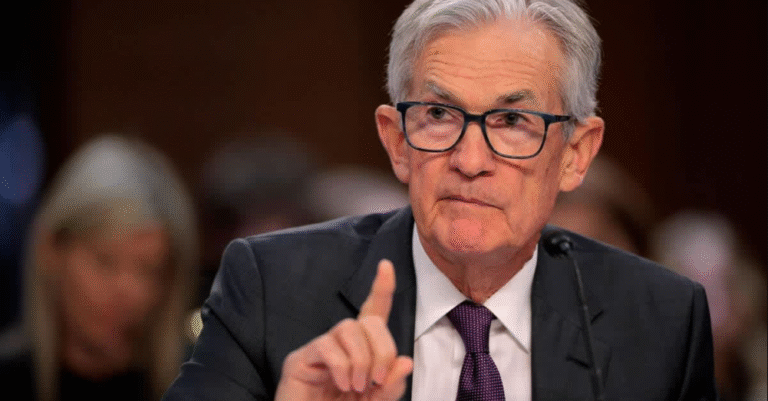
After nearly five years away from corporate decision-making, Alibaba co-founder Jack Ma has resumed an active, behind-the-scenes role at the Chinese e-commerce and technology conglomerate. Ma’s renewed involvement spans critical strategic domains—from artificial intelligence investments to subsidy campaigns aimed at countering rival JD.com—as Alibaba seeks to regain momentum following regulatory headwinds and intensifying competition.
Strategic Focus on AI Leadership
Ma, 61, has personally approved up to ¥50 billion (US$7 billion) in subsidies to bolster Alibaba’s AI ambitions and defend market share, according to Bloomberg. He now receives multiple daily briefings on developments across Alibaba Cloud, its in-house T-Head AI chip division, and the Qwen family of large language models (Benzinga).
Under Ma’s guidance, Alibaba committed ¥380 billion to AI and cloud infrastructure over three years. The strategy is already bearing fruit: cloud revenues surged 26% year-over-year in August 2025, the fastest pace in years, contributing to an 88% gain in Alibaba’s stock price so far this year. AI-driven products have sustained triple-digit growth for eight consecutive quarters, now accounting for over 20% of external customer revenue.
Competitive Battle in Instant Commerce
Ma’s return coincides with an aggressive subsidy war against JD.com and Meituan in China’s instant commerce sector, where combined spending surpassed $4 billion in Q2 2025. Data from Goldman Sachs indicates Alibaba holds 43% of the food-delivery market, narrowly trailing Meituan’s 47%, while JD.com expands rapidly into same-day grocery and pharmacy deliveries (Business Times).
Subsidies have ranged from deep discounts on groceries to free delivery campaigns. Regulators, having previously decried “malicious subsidies,” are reportedly monitoring the escalating incentives, raising concerns that Ma’s resurgence may re-invite scrutiny.
Employee Morale and Informal Authority
Internally dubbed “Make Alibaba Great Again,” Ma’s comeback has galvanized employees after years of waning morale. At an off-site address to Ant Group staff in December 2024, Ma’s remarks prompted tears among long-tenured engineers, according to attendees. Though he holds no formal executive title, Ma’s directives carry outsized influence. “He’s not a day-to-day micromanager, but his word—or displeasure—can drive major shifts in strategy,” notes Duncan Clark, author of Alibaba: The House That Jack Ma Built.
CEO Eddie Wu and Chairman Joe Tsai, both trusted Ma allies, continue day-to-day leadership. Yet Ma’s re-emergence—and his February handshake with President Xi Jinping—signals political rehabilitation and Beijing’s tacit endorsement of Alibaba’s central role in advancing China’s AI ambitions.
Financial Implications and Investor Confidence
Following reports of Ma’s return and the AI subsidy plan, Alibaba shares jumped 8% on September 11, reaching $156.21, their highest level in months. Analysts from Morgan Stanley and UBS raised price targets, citing the robust capital allocation to AI and cloud growth as a catalyst for long-term earnings expansion.
Alibaba’s plan to integrate Qwen-powered solutions across its marketplace, digital media, and logistics arms is expected to unlock synergies estimated at ¥100 billion in incremental operating profit by 2027. Investors are keenly watching how Ma-driven initiatives will translate into sustained margin recovery amid macroeconomic headwinds.
Outlook: Balancing Innovation, Competition, and Regulation
Jack Ma’s strategic re-engagement marks a turning point for Alibaba. His dual focus on AI leadership and competitive retail subsidies aims to secure technological differentiation and defend market position. However, Ma must navigate a complex regulatory landscape that has tightened oversight on data security, anti-trust practices, and financial services since 2020.
As Alibaba embarks on its next chapter, Ma’s blend of entrepreneurial vision and informal authority could rejuvenate the company’s innovation pipeline—but it may also rekindle regulatory concerns that drove his initial retreat. For now, Alibaba stakeholders are betting that Ma’s return will reignite growth, drive AI breakthroughs, and reinforce Alibaba’s dominance across China’s digital economy.













Thank you for your sharing. I am worried that I lack creative ideas. It is your article that makes me full of hope. Thank you. But, I have a question, can you help me? https://www.binance.com/es-AR/register?ref=UT2YTZSU